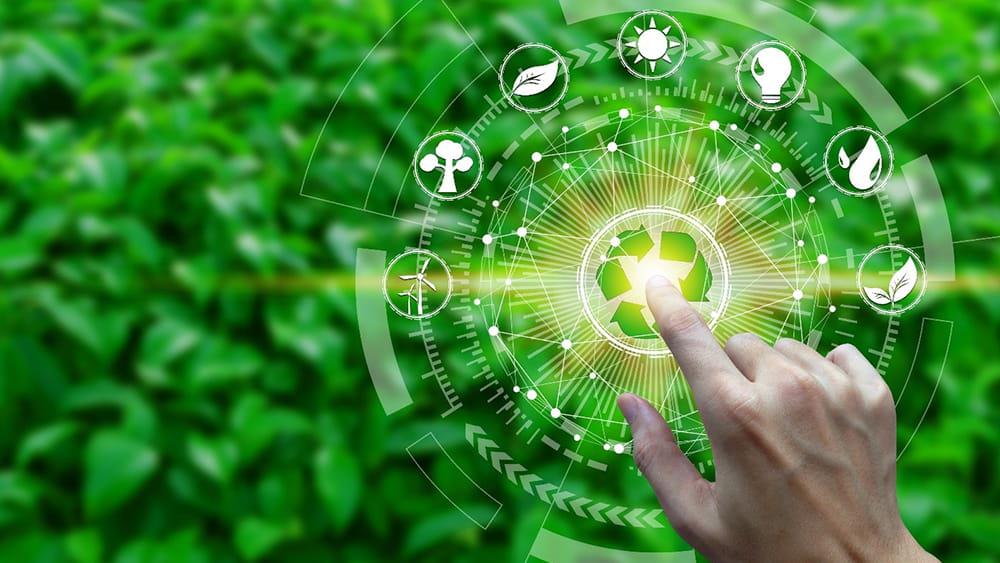Types of pellet boilers — are different types of boilers that use pellets (biomass granules) as fuel for heating. Each type has its own characteristics that make it more suitable for different operating conditions and requirements. Types pellet boilers are divided into two large classes, these are pellet boilers with a retort or flare burner. They also differ boilers by types of ash content of granules and their feeding systems.
Main types of pellet boilers:
- Boilers with automatic pellet feed:
- Description: These boilers are equipped with a system of automatic feeding of pellets from the hopper into the combustion chamber using a screw or vacuum mechanism.
- Advantages: High level of automation, minimal maintenance requirements and the possibility of long-term continuous heating.
- Application: Ideal for private homes and commercial properties where constant and efficient heating is required.
- Boilers with manual pellet feed:
- Description: Boilers in which pellets are fed manually into the combustion chamber. This can be done through a special window or hatch.
- Advantages: Lower cost compared to automatic systems, easy to maintain.
- Application: Suitable for small objects or temporary heating systems where a high degree of automation is not required.
- Pellet boilers with a combined system:
- Description: Boilers that can operate not only on pellets, but also on other types of fuel, such as wood or coal. They are equipped with systems that allow switching between different types of fuel.
- Advantages: Flexibility in using different types of fuel, which can be useful for reducing costs.
- Application: Suitable for users who want to have the option of using alternative fuels depending on availability and prices.
- Pellet boilers with water circuit:
- Description: These boilers are designed for connection to a hot water heating system, providing both space heating and hot water supply.
- Advantages: Allows efficient use of pellets for heating residential and commercial premises, as well as for heating water.
- Application: Used in homes and commercial buildings where integration with a hydronic heating system is required.
- Pellet boilers with heat accumulator:
- Description: Boilers that work in conjunction with a heat accumulator, which accumulates heat for subsequent use. This allows for more efficient use of pellets and optimized system operation.
- Advantages: Improved efficiency and the ability to use stored heat during periods when the boiler is not in operation.
- Application: Suitable for heating systems where a high degree of flexibility and energy savings are required.
Operating principles of pellet boilers:
- Pellet feed: Pellets are fed into the combustion chamber using various systems - screws, vacuum systems or manually. Automatic pellet feeding is standard in modern boilers.
- Combustion: The combustion process is controlled automatically to ensure maximum efficiency and minimum emissions. The efficiency of thermal energy emission depends on what types of pellets the boiler owner prefers.
- Control: Modern pellet boilers are equipped with control systems that regulate the supply of fuel, air and temperature control.
Types of pellet boilers and their application:
- Residential buildings: For heating and hot water supply.
- Commercial properties: For efficient heating of rooms and provision of hot water.
- Industrial enterprises: In larger heating systems and technological processes.
Different types of pellet boilers offer different functionality and levels of automation. The choice of the appropriate type depends on the specific heating needs, fuel availability and the desired level of comfort and automation.





